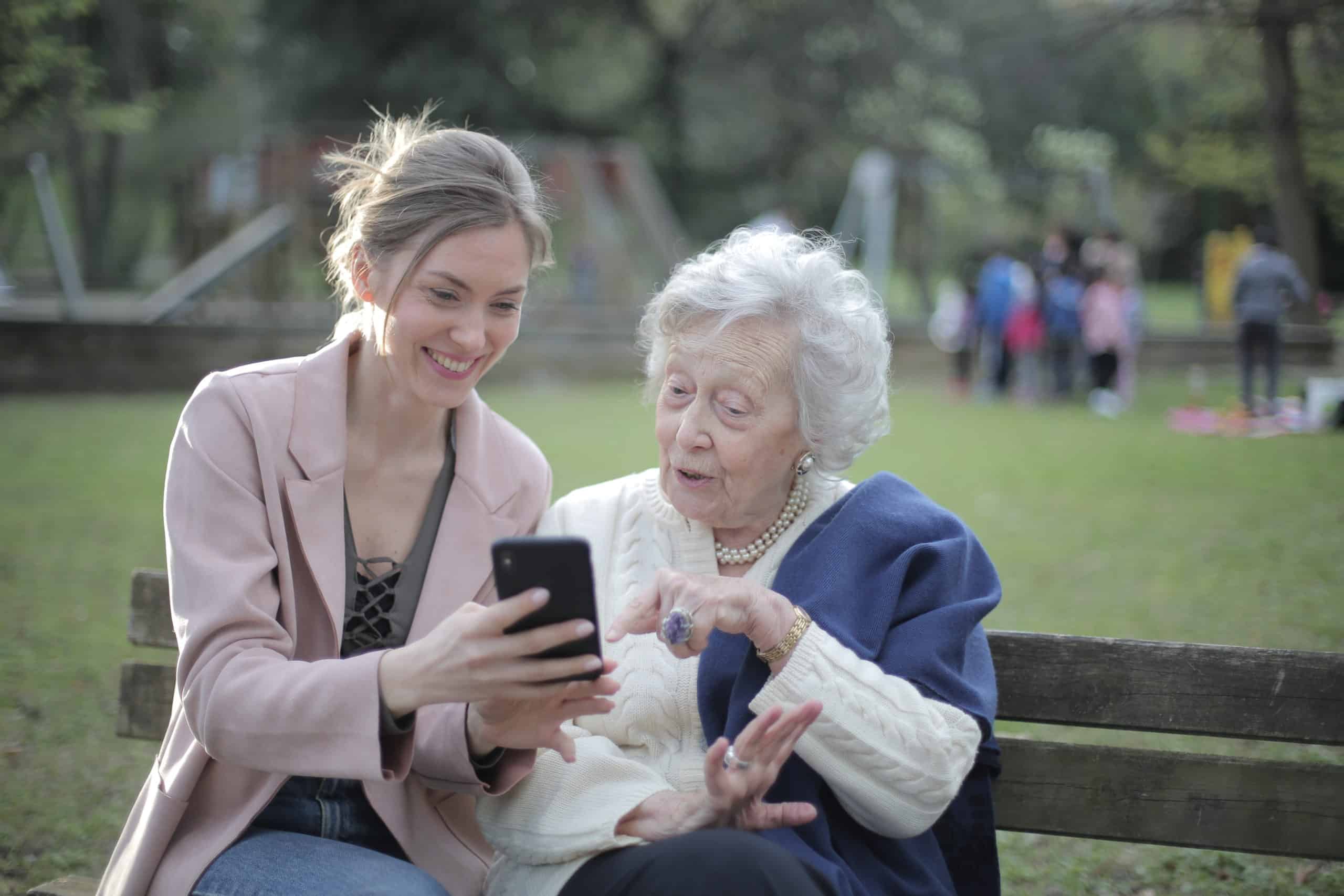Depression Is Common In Those Caring For A Loved One With Alzheimer’s Disease
Pegasus senior care professionals in Verdugo City and elsewhere understand the difficulties faced by family caregivers. They know depression is common in those caring for a loved one with Alzheimer’s disease. They offer these tips to help you care for yourself as you care for others.
Depression doesn’t discriminate. It makes no distinction as to age, gender, income, or status. The symptoms vary among individuals but can include:
- Difficulty with thinking, concentrating, remembering
- Disturbed sleep
- Inability to enjoy life
- Loneliness
- Loss of, or increase in, appetite
- Pervasive sadness
- Suicidal thoughts or attempts
Individuals frequently experience these kinds of symptoms temporarily. Life tosses everyone situations now and then that challenge their ability to cope. Depression means that one or more of the feelings persist day-after-day.
Depression Affects Your Whole Body
As well as emotional problems, depression can cause physical problems such as headaches. Your ability to perform your normal activities is impaired. Your quality of life is significantly diminished.
If you’re caring for a family member with dementia such as Alzheimer’s disease, your risk of depression increases. Caregiving for someone with dementia is a full-time job that is extremely stressful.
Caregivers frequently provide escalating levels of care for four to eight years. In some cases, care may be needed for up to 20 years. The longer you’re a caregiver, the greater your risk of becoming depressed.
Alzheimer’s Is A Progressive Decline In Mental And Physical Health
Alzheimer’s is more than memory loss. It’s a progressive disease for which there is not presently a cure. The rate of progression varies, with the middle stage lasting the longest.
In the early stages, an Alzheimer’s patient starts having memory lapses and other cognitive difficulties. However, they are still able to meet most of their personal care needs. You may notice subtle personality changes.
As the disease progresses, there’s an increasing inability to remember or think. Personality changes become more pronounced. They may also need help with things like choosing their clothing.
Your loved one begins to lose control of their bowels and bladder. You may have to be more watchful as they start to wander and get lost or hurt. Their sleep habits change, and you may be coping with nighttime restlessness.
As the severity of Alzheimer’s increases, your caregiving may become a 24/7 job. Your loved one slowly loses the ability to communicate. They are unable to attend to any of their personal needs.
Some dementia patients are cooperative when you attend to them. Others will present even greater challenges as they become angry, aggressive, or otherwise hostile. Care can be overwhelming in either case.
Caregiving is hard work. When your loved one has Alzheimer’s, it’s even harder. Grief is added to the mix as you watch a previously intelligent person slowly lose their cognitive abilities.
In trying to provide the best possible care for their loved one, caregivers often put themselves last. They sacrifice their personal emotional, physical, and spiritual needs. Their energy is drained.
Self-Care Can Help Prevent Depression
Self-care is crucial. If you don’t meet your needs, you’re a candidate for depression and burnout. That has a deleterious effect on your personal health as well as your ability to care for your loved one.
The first step in caring for yourself is asking for help. If family members or friends aren’t available or willing, consider respite care services from Pegasus. Respite care means that a professional gives you a break from your responsibilities.
The break can be for as long as you need to refresh yourself. It can be short, frequent breaks, or long enough for you to take a vacation. It’s an opportunity for you to do something for yourself that you enjoy.
Many caregivers don’t get enough sleep. A lack of sleep contributes to depression. A family member or home care professional can sit with your loved one daily while you get a nap.
Dispense with feeling guilty because you can’t do everything all the time. No one is perfect, and trying to be is another source of depression. Set realistic goals and priorities.
Care for your own physical health. Even if it’s just for a few minutes a day, get some exercise. Try to make the majority of your meals nutritious.
Find Support and Resources Online To Alleviate Isolation
The extensive care that an Alzheimer’s patient requires can isolate a caregiver. Socializing with others is the time-honored solution to overcoming isolation and the resulting depression. Unfortunately, the current pandemic restrictions prevent most socializing, and most caregiver resources are no longer available.
You can find help and support in online groups. DailyCaring recommends several Facebook groups, some of which are for dementia caregivers. Other specialized online groups are listed on BeingPatient, an Alzheimer’s resource organization.
Pegasus is a licensed Home Care Organization and a Joint Commission Accredited Home Health Care organization. Our customized senior care services in Verdugo City and our other locations provide all levels of assistance. The needs of you and your loved one are met in the comfort and safety of your home.

